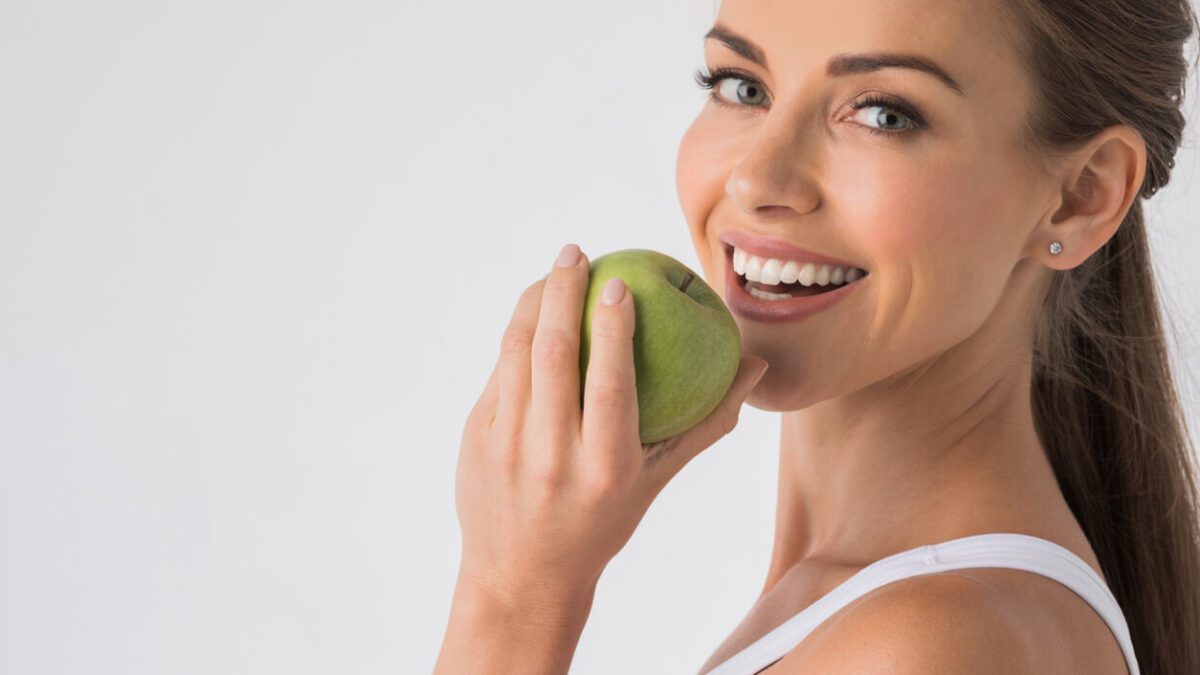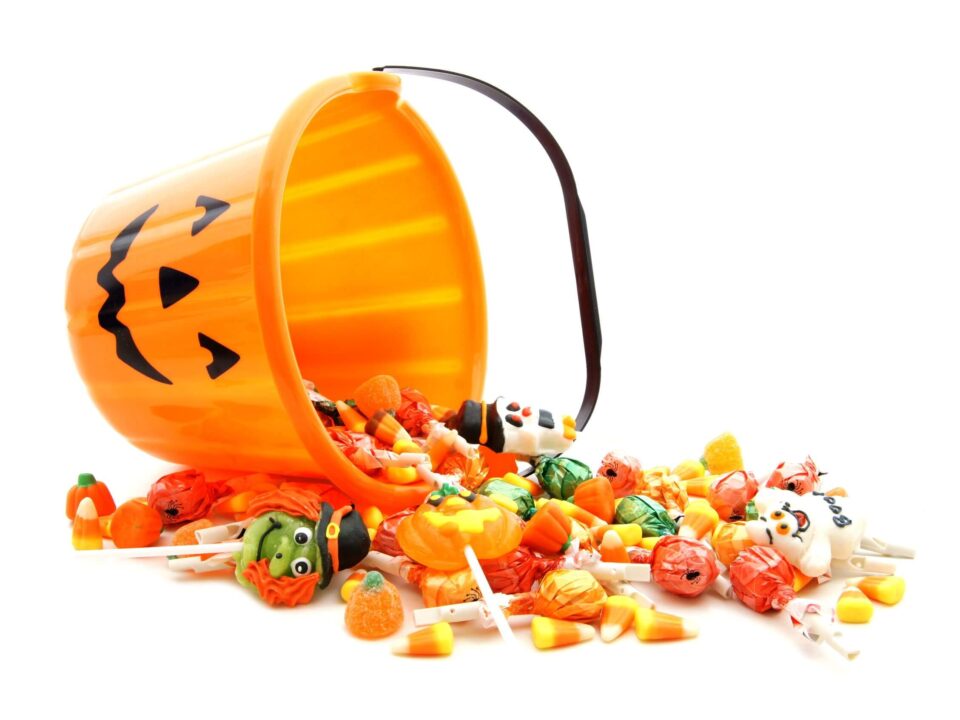Understanding the connection between diet and oral health
When people think about dental health, they often picture toothbrushes, floss, and visits to the dentist. While these are undeniably essential, there’s another critical factor that deserves equal attention: your diet. The foods and drinks you consume every day don’t just impact your waistline or energy levels; they directly influence the strength, resilience, and longevity of your teeth and gums.
Your mouth is the entry point to your digestive system and plays a vital role in your overall health. Poor nutrition can compromise your body’s ability to fight infections, including those that affect your gums, while nutrient-rich foods can help rebuild enamel and maintain the structural integrity of your teeth. Understanding the connection between what’s on your plate and what’s happening in your mouth is the first step toward lifelong oral wellness.
The Impact of Diet
Your teeth and gums are living tissues, constantly undergoing processes of demineralization (loss of minerals) and remineralization (repair). This delicate balance is profoundly influenced by what you eat. Every bite and sip has a potential effect, either contributing to damage or strengthening your oral defenses.
Here are a few ways diet plays a role in maintaining oral health:
- Calcium, Phosphorus, and Vitamin D: Just as calcium strengthens bones, it’s vital for your teeth. Calcium and phosphorus help remineralize enamel and maintain the density of the jawbone that supports your teeth. Vitamin D, on the other hand, enhances the body’s ability to absorb calcium efficiently.
- Antioxidants and Vitamins: A balanced diet rich in vitamins and antioxidants helps protect gums from inflammation and infection. Vitamin C is crucial for maintaining healthy connective tissue and preventing gum bleeding. Vitamin A supports saliva production and mucous membrane health, keeping your mouth moist and better protected against bacteria. Meanwhile, antioxidants like polyphenols help reduce inflammation and combat harmful bacteria in the mouth.
- Hydration and Saliva Production: Saliva is one of your mouth’s most powerful natural defenses. It helps wash away food particles, neutralizes acids, and contains enzymes that aid digestion and protect against bacteria. When you’re dehydrated, your mouth becomes dry, creating a perfect environment for bacteria to thrive and plaque to form. Drinking plenty of water throughout the day not only keeps you hydrated but also assists in cleaning.
The Best Foods for Strong Teeth and Healthy Gums
A tooth-friendly diet doesn’t have to be restrictive. In fact, many delicious and nutrient-packed foods naturally promote dental health. Here’s a closer look at the best options to include regularly:
- Crunchy Fruits and Vegetables: Apples, carrots, celery, and cucumbers act as natural toothbrushes. Their crunchy texture stimulates saliva production and helps scrub away plaque. Plus, they’re rich in fiber, vitamins, and water, making them both refreshing and tooth-friendly snacks.
- Dairy and Alternatives: Cheese, milk, and yogurt are not only rich in calcium and phosphorus but also help balance the pH level in your mouth. For those who are lactose intolerant or vegan, fortified plant-based alternatives like almond or soy milk can provide similar benefits.
- Leafy Greens: Spinach, kale, and other dark greens deliver a powerhouse of minerals – calcium, iron, and folic acid – all essential for gum health and strong enamel.
- Nuts and Seeds: Almonds, sesame seeds, and pumpkin seeds are great sources of calcium, phosphorus, and healthy fats that support both tooth and gum integrity. They also offer a satisfying crunch that stimulates saliva flow.
Foods and Habits to Limit for Optimal Oral Health
To maintain strong teeth and healthy gums, it’s not only about what you add to your diet but also what you limit.
- Sugary Snacks and Drinks: Candy, pastries, and sweetened beverages are the top offenders. If you do indulge, try to enjoy them during meals rather than as frequent snacks, and rinse your mouth with water afterward. Learn more about the impact of candy and sugar on your teeth in our guide to the best and worst Halloween candy for your smile.
- Acidic Beverages: Citrus juices, wine, and carbonated drinks can erode enamel over time. Use a straw when drinking these beverages to minimize contact with teeth, and wait at least 30 minutes before brushing. Brushing immediately after exposure to acid can actually worsen enamel wear.
- Sticky and Starchy Foods: Foods like dried fruits, chips, and bread can cling to teeth and break down into sugars that feed bacteria. Regular flossing is key to removing these residues.
- Alcohol and Tobacco: Alcohol dries out your mouth and can irritate gum tissue. Tobacco, whether smoked or chewed, is a major risk factor for gum disease and oral cancer. Limiting or quitting both will dramatically improve oral and overall health.
Practical Tips for a Tooth-Friendly Diet
Eating for dental health doesn’t have to be complicated. These daily habits can help you strike the right balance between nutrition and oral hygiene:
- Snack smart: Choose raw veggies, cheese cubes, or nuts instead of sweets or chips.
- Time your treats: Have sugary foods with meals when saliva production is higher.
- Drink water often: Rinse your mouth after meals or snacks to reduce acid buildup.
- Chew sugar-free gum: Helps stimulate saliva and clean the mouth between meals.
- Don’t skip the basics: No diet can replace proper brushing, flossing, and dental check-ups.
Eat Well, Smile Bright
Diet is one of the most powerful yet overlooked factors in dental health. Every meal presents an opportunity to either strengthen your smile or slowly erode it. By being mindful of what you eat, you can build a foundation for a lifetime of healthy teeth and gums.
Remember, prevention is far easier and more cost-effective than treatment. Pairing smart nutrition with consistent oral hygiene practices ensures your teeth remain strong, your gums stay healthy, and your smile continues to shine for years to come.
If you’re unsure how your diet may be impacting your oral health, consider discussing it with your dentist or a registered dietitian. Together, you can craft a plan that nourishes your body and your smile.




